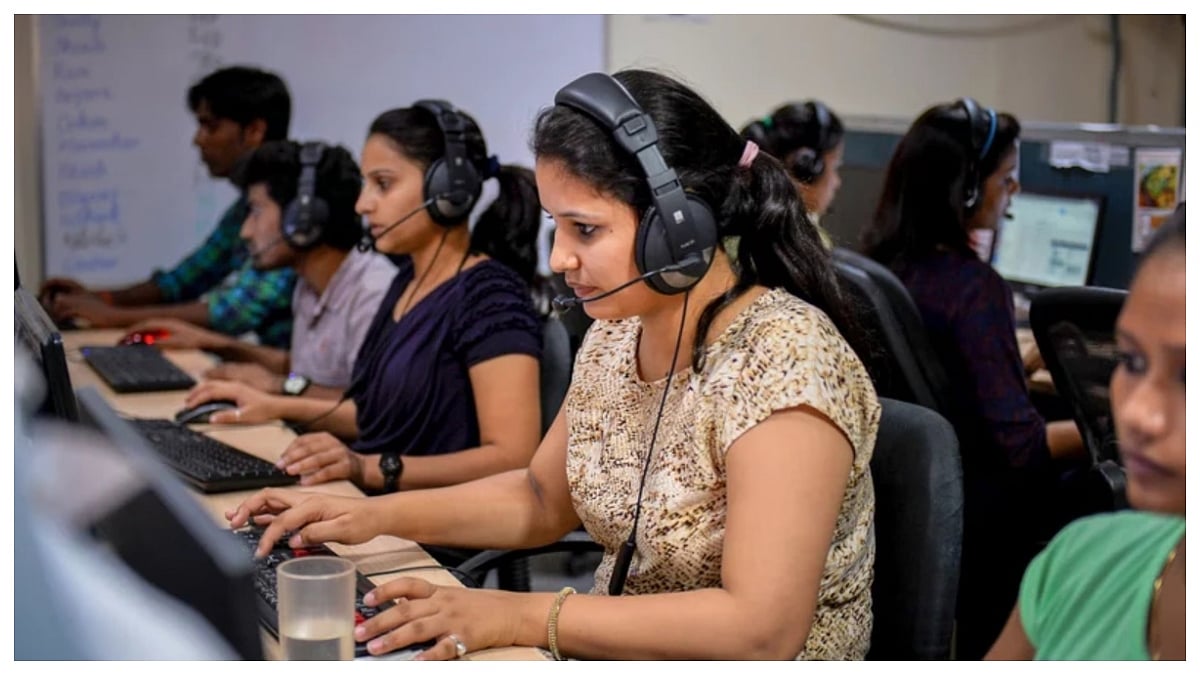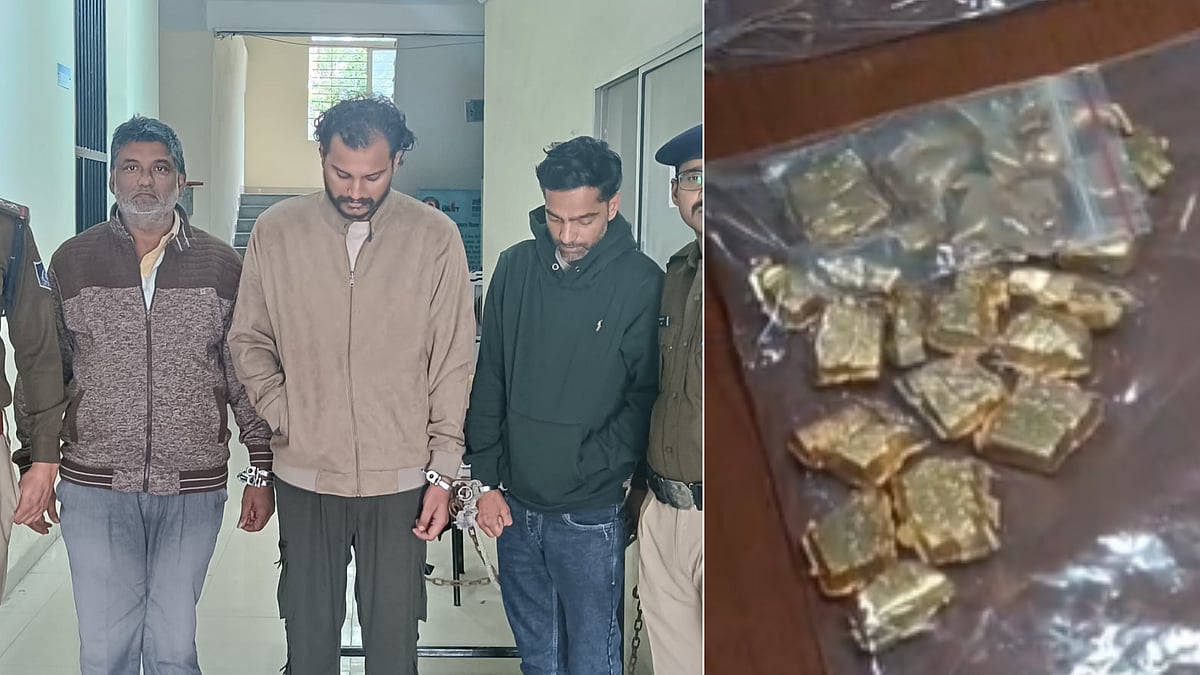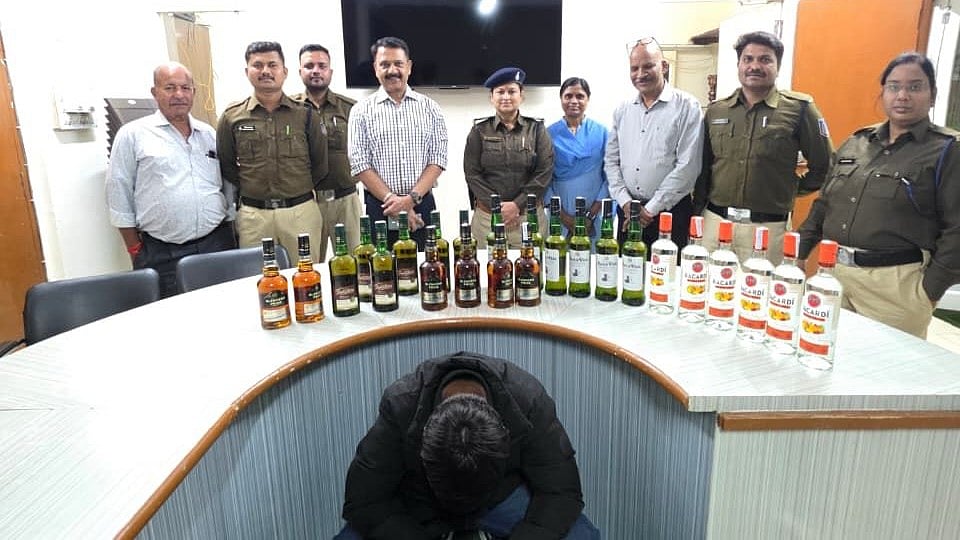Indore (Madhya Pradesh): Administrative officers from different cities of Nagaland came to Indore to understand the solid waste management system of the city on Friday. Indore known for its cleanliness has always been a role model to the other cities and states of India.
Commissioner Pratibha Pal informed that for the fifth time in a row, public representatives and officials of other states have visited Indore to see the cleanliness and solid waste management of the city. The administrative officers of Nagaland, who came to see the solid waste management and cleanliness campaign of Indore, were given detailed information about the cleanliness campaign by additional commissioner Rishab Gupta and superintending engineer Mahesh Sharma through a presentation at the Smart City office.
On this occasion, Gupta and Sharma informed the officials that the title of the cleanest city was not the result of one day drive but it took many baby steps to reach the heights. They discussed how in the past there used to be garbage bags in Indore at different places and heaps of garbage could have been seen everywhere. After this Indore freed itself from garbage boxes, under a cleanliness campaign, started door-to-door garbage collection vehicles, which are being monitored through a GPS system, all garbage collection vehicles are on their prescribed route and are working in their work area on time.
They were given a detailed analysis to make the city ODF free, earlier the segregation of waste was limited to wet-dry waste but now 6 types of garbage collecting bins are being used to collect the garbage on daily basis. . In the team of Nagaland, the directorate of municipal affairs A K Chenithang Lotha, additional director and head of the department, Khyothunglo Kikoni, joint director, Temgenerenla Kechus, joint director, Wachusi Katiri, along with other officials came to understand the working of a clean city.
Why SWM of Indore stands out
The waste collected from door to door through garbage collection vehicles is being transported to the garbage waste transfer station.
This aggregate waste is processed in the decentralized material recovery plant and dry waste processing plant, compost plant on the trenching ground.
Along with this, the biogas plant is under construction on trenching ground, and this is going to be the biggest biogas CNG plant in Asia, where biogas is manufactured from wet waste.










